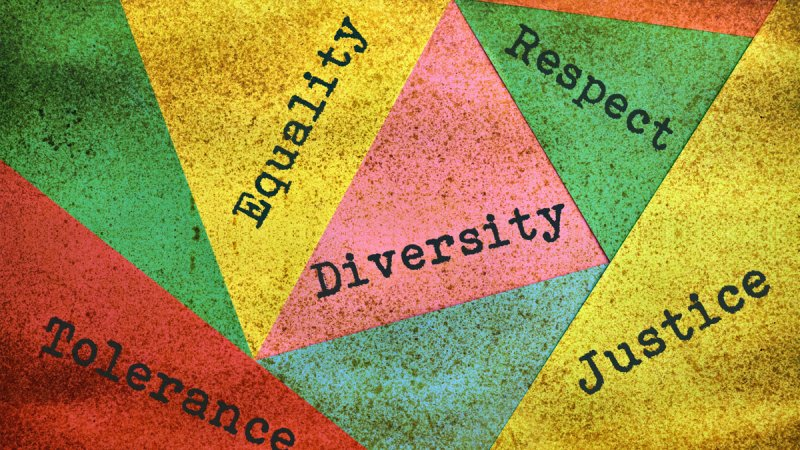Related Courses
Equality is about ensuring that everybody has an equal opportunity, at home, work, and in society, and that each person is not treated differently or discriminated against because of their characteristics.
Equality of opportunity means that everybody has an equal chance to take up opportunities, as well as being able to make full use of the opportunities on offer and to fulfil their potential. In simpler terms, whatever your age, race, gender, you should still have the opportunity to reach your potential within the world of work according to the equality of opportunity.
Equality of opportunity is still a work in progress. As an example of this at play; in 2019 in the UK women earned 17.3% less than men did in the same year. This means that for every £1 a man earned, women earned 83p. Black and minority ethnic groups face challenges surrounding unconscious bias which may result in companies missing out on incredible talent. Additionally, part-time, temporary and shift workers may not be able to access the correct training or opportunities to progress up the ranks at work.
Diversity is about taking account of the differences between people within a group and placing a positive value on those differences. A workforce should be built up of people that all look different, think differently, and have different beliefs. By creating this variation, you have a much more efficient business in the long run due to playing off different people’s strengths.
This is strongly linked with promoting human rights and freedoms, based on principles such as dignity and respect. Diversity is all about recognising and valuing the different backgrounds of individuals as well as their knowledge, skills, and experiences, and using those differences to create a productive workforce.
Diversity is something that applies to everyone and should be part of everything we do. Remember, none of us fit neatly into separate categories which can be labelled or discriminated against. Just because one person is different from another, doesn’t mean they should be discriminated against for it.

Inequality in the Workplace
- Black workers have fewer training opportunities than white workers
- Sometimes the longer you are in the job, the less training you receive due to employers becoming ‘comfortable’ with you, causing older workers to be limited
- Manual workers and workers with few qualifications are often overlooked when a training opportunity comes up
- Part-time and temporary workers are often left behind when training is on offer as employers see more value in the permanent employees; women make up the majority of part-time workers
- Depending on your first language, you could struggle because workers with English as a second language may find that the only jobs open to them are manual with low skill requirements
The Equality Act 2010
The Equality Act 2010 is the main legislation when it comes to the topic of discrimination. Its main focus is that people are protected from discrimination on these grounds:
- Age
- Disability
- Gender reassignment
- Marriage and civil partnership
- Pregnancy and maternity
- Race
- Religion and belief
- Sex
- Sexual Orientation
All these issues can crop up in the workplace and as a result, businesses have to meet the standards of the Act in order to remain compliant. By doing so, they benefit through maintaining a diverse workforce, as well as creating an attractive business to customers due to their attitudes about the topic.
By having standards that organisations need to meet when it comes to diversity and equality, there is consistency across the board so that customers are treated fairly wherever they go. If companies follow the rules and regulations, they are showing that they comply with creating a diverse workplace, creating a fairer system all round.
The result is that companies gain a more flexible and adaptive corporate culture through having a variety of employees, all offering different opinions and ideas. Another positive is that diverse workforces are perceived as more appealing to potential employees and customers.
We offer a range of CPD-certified, equality and diversity online training courses which are designed to teach your managers and employees about the different types of discrimination in the workplace, understand topics such as unconscious bias, and how to advocate for a respectful and inclusive workplace. These courses range from 1 hour to 10 minute-short courses and are beneficial for every team member.


